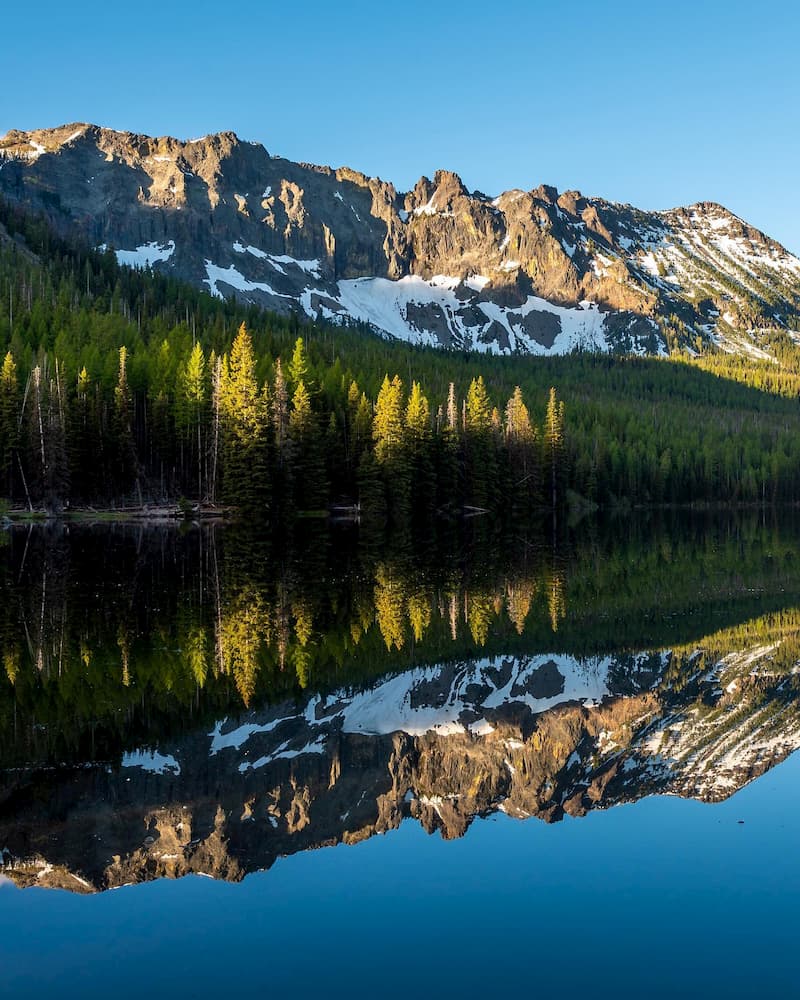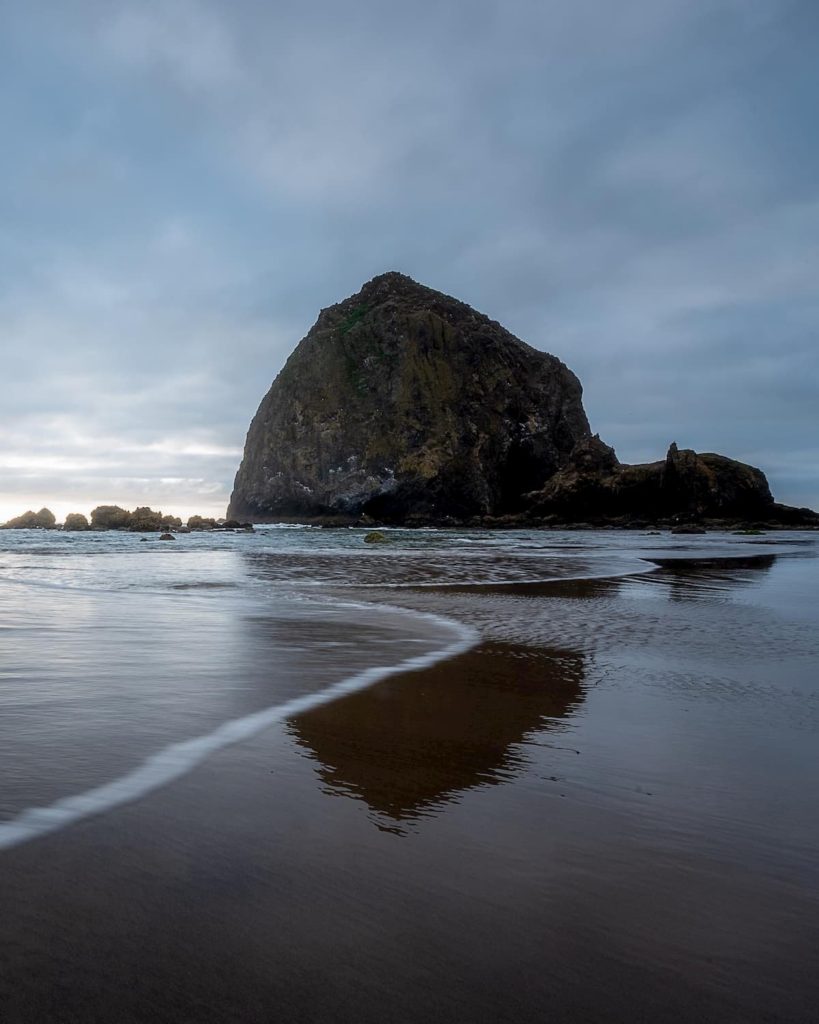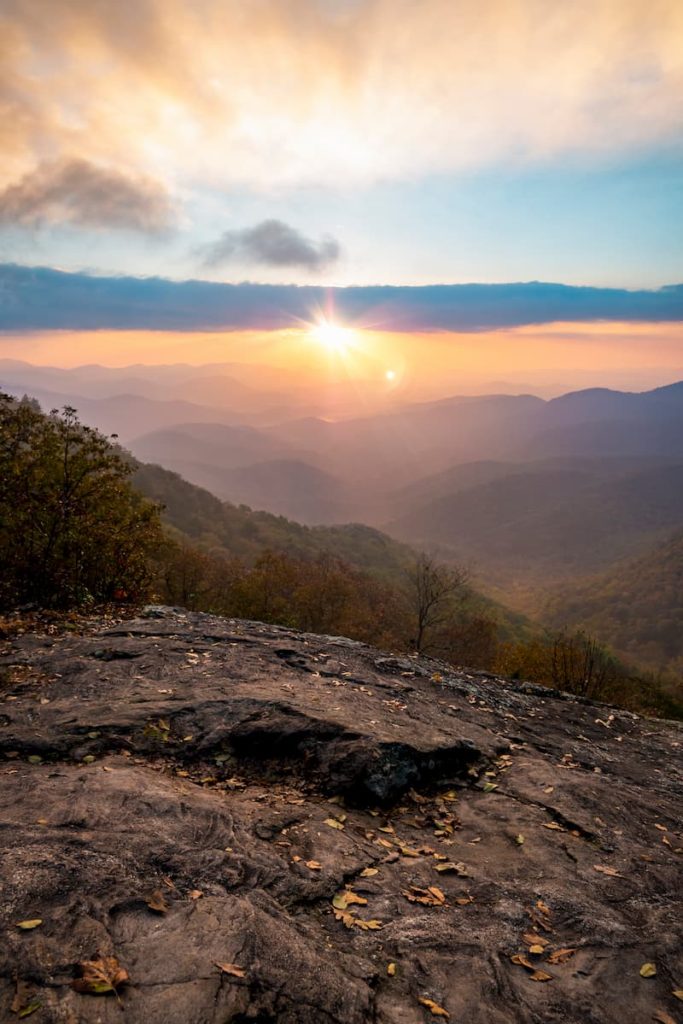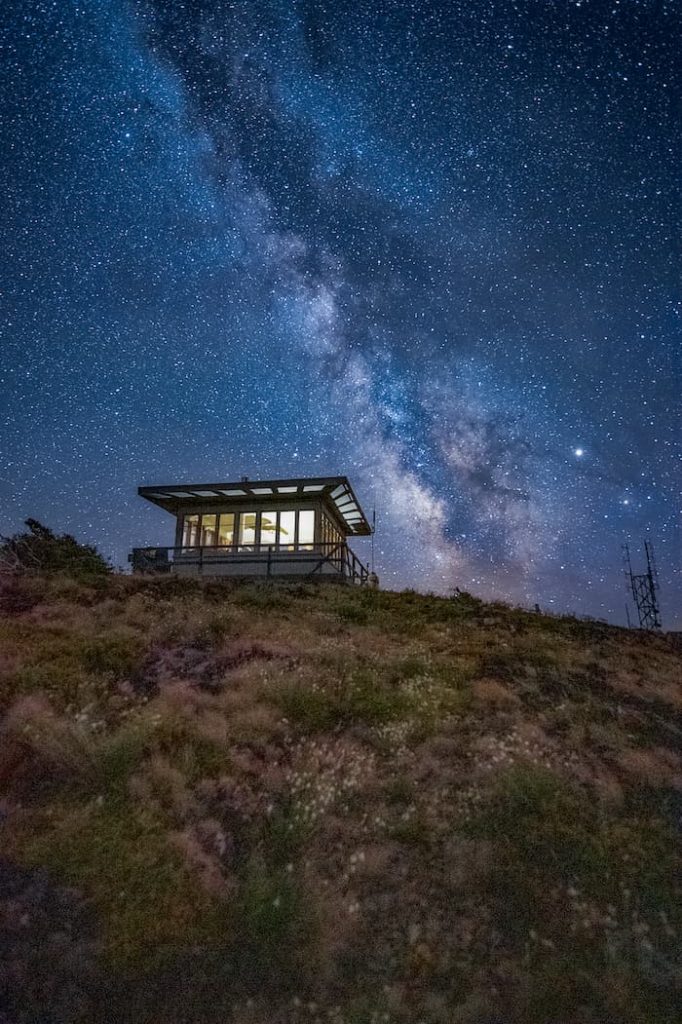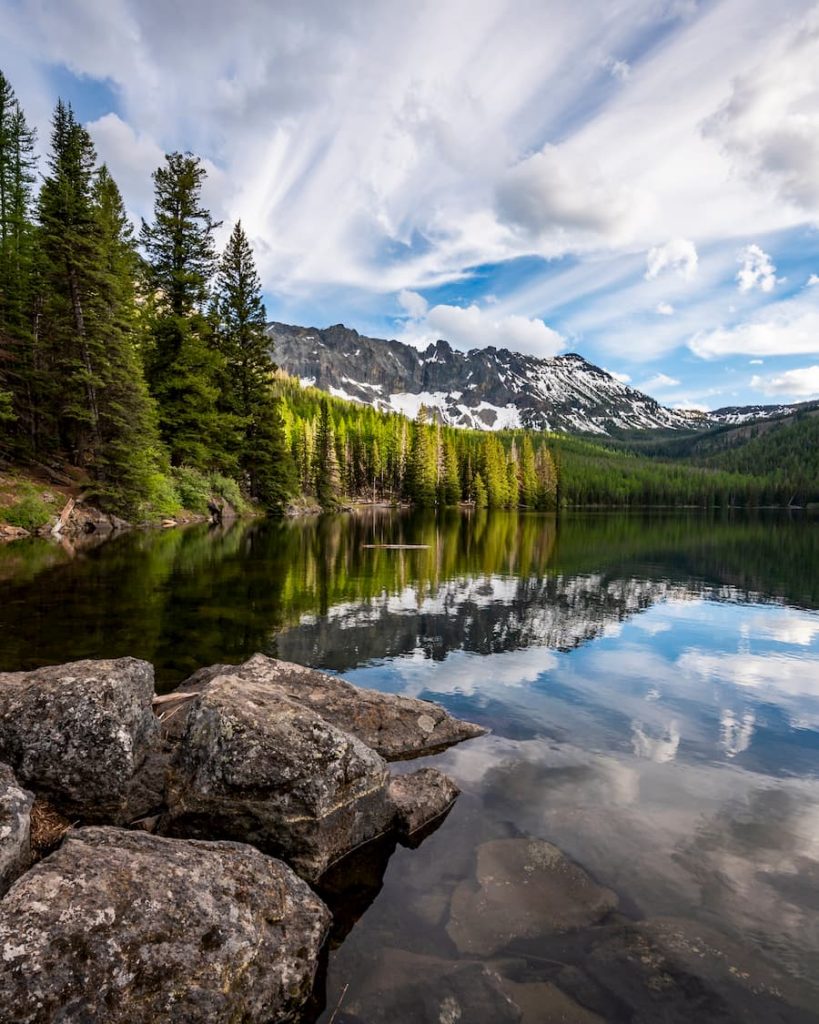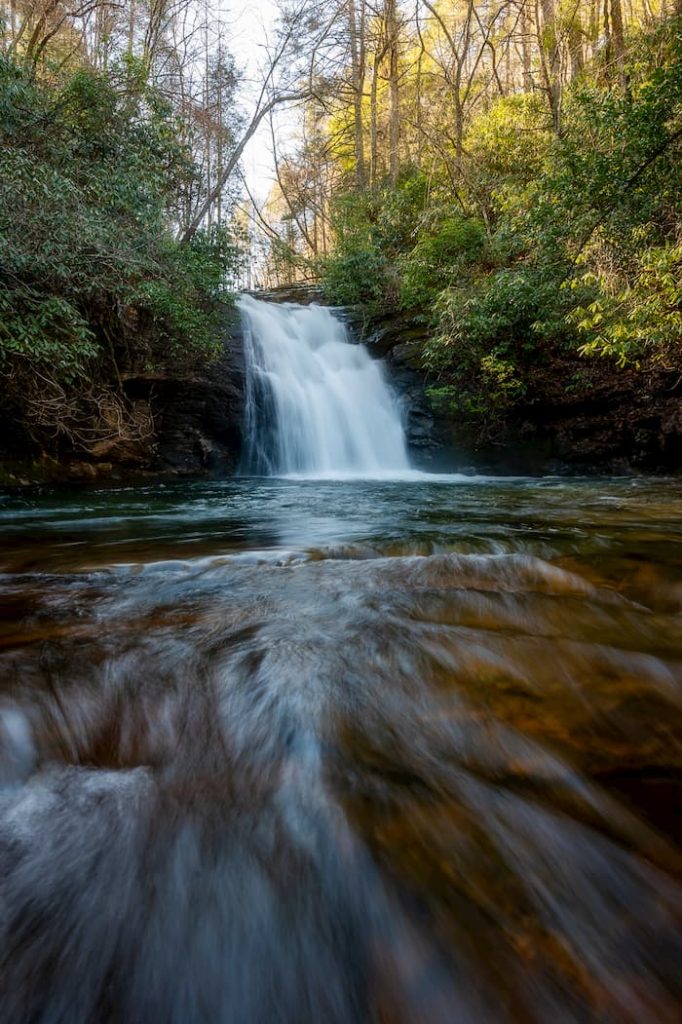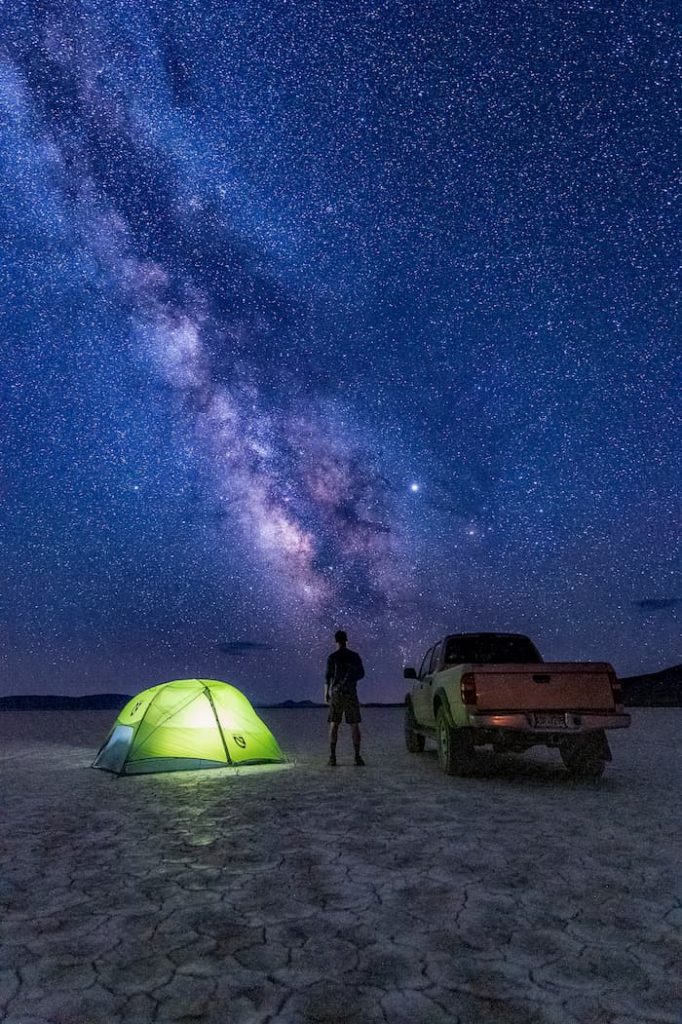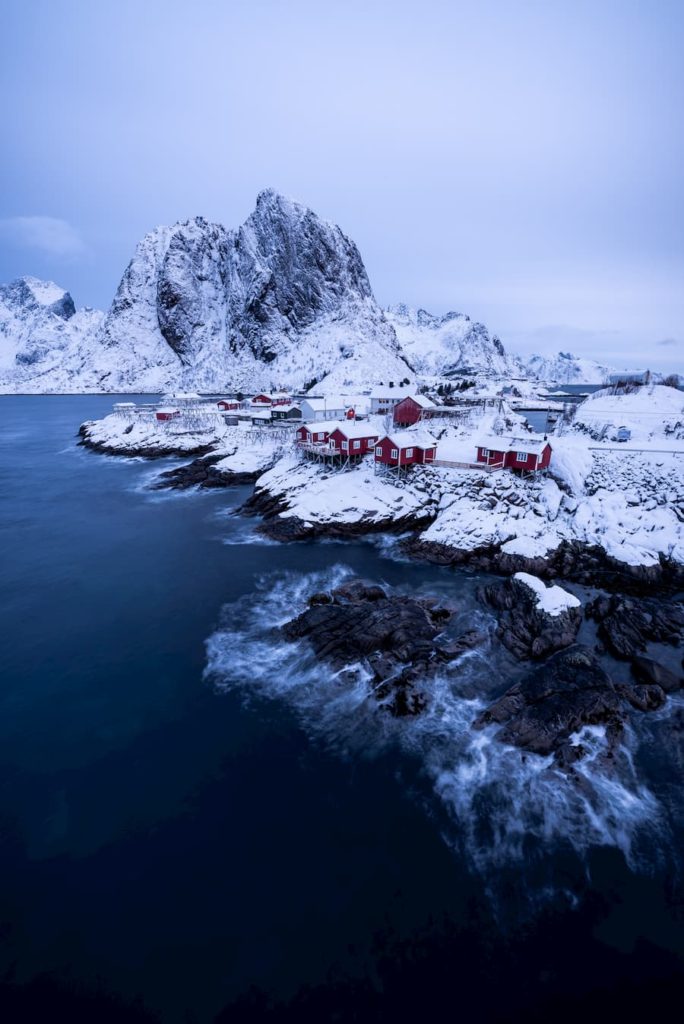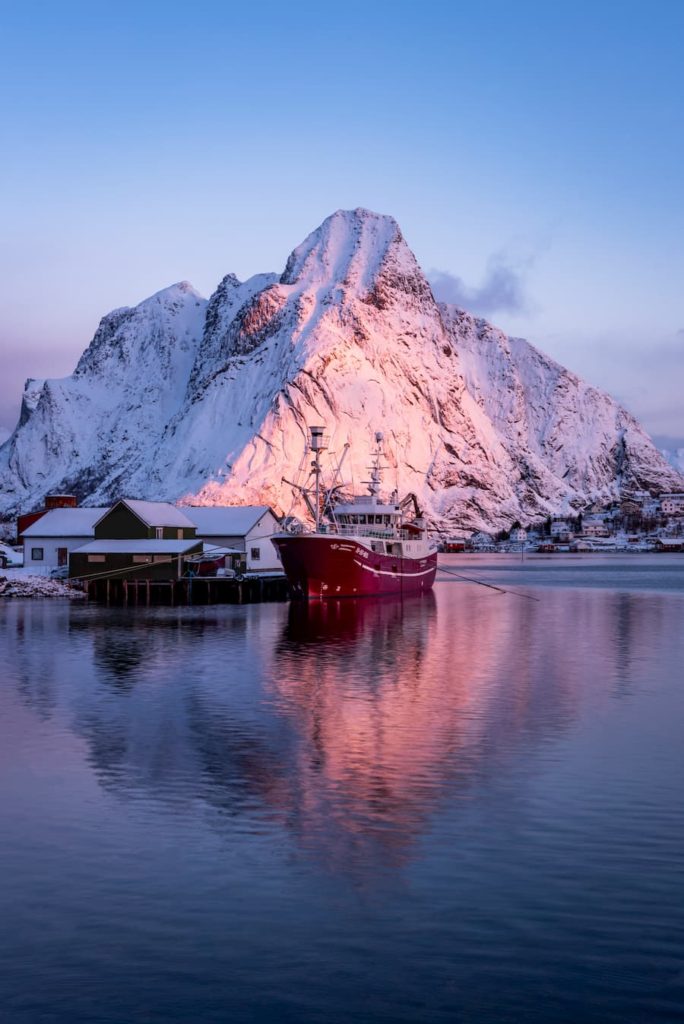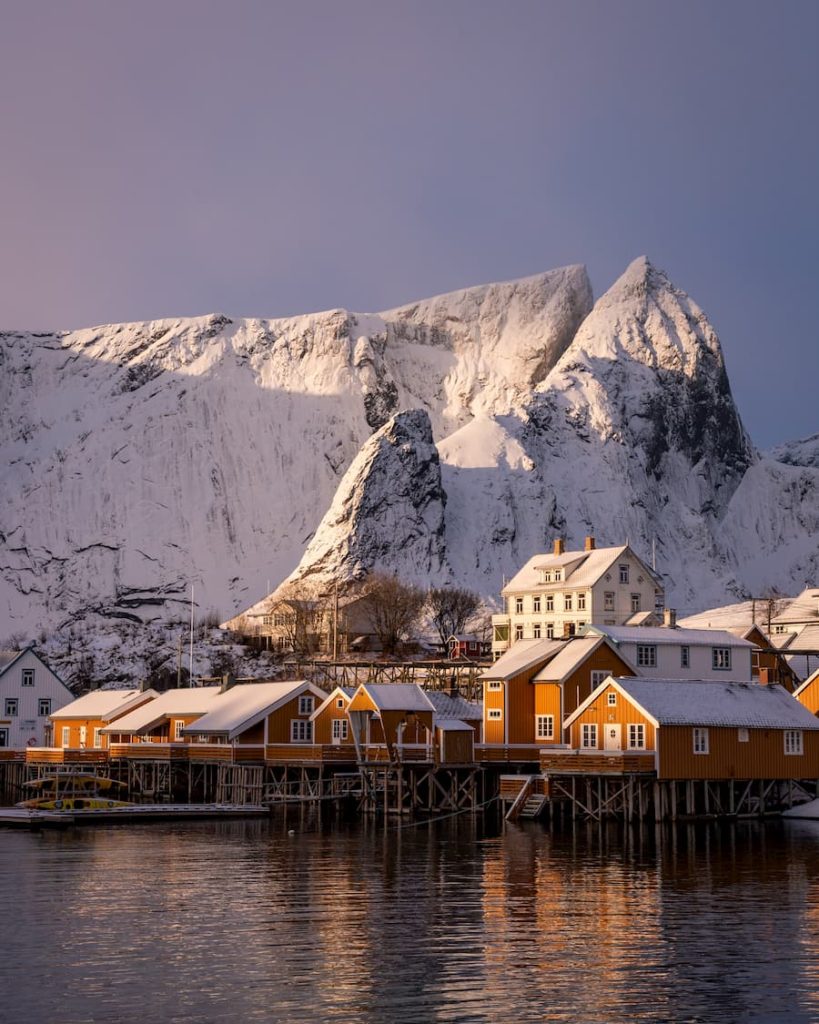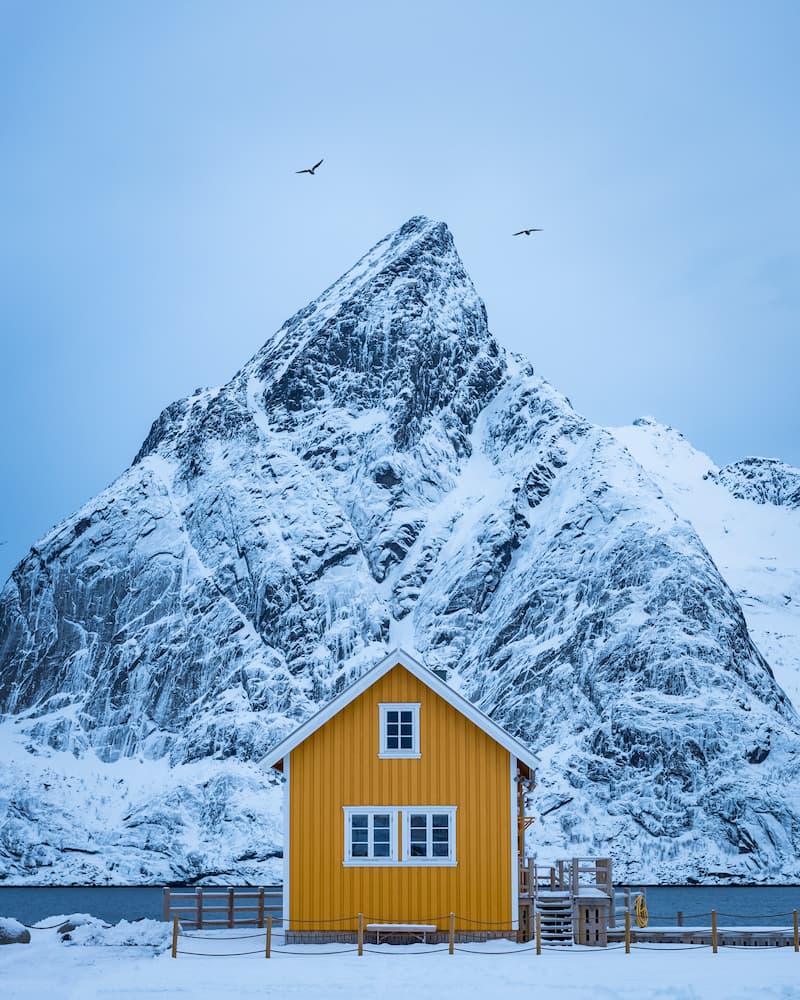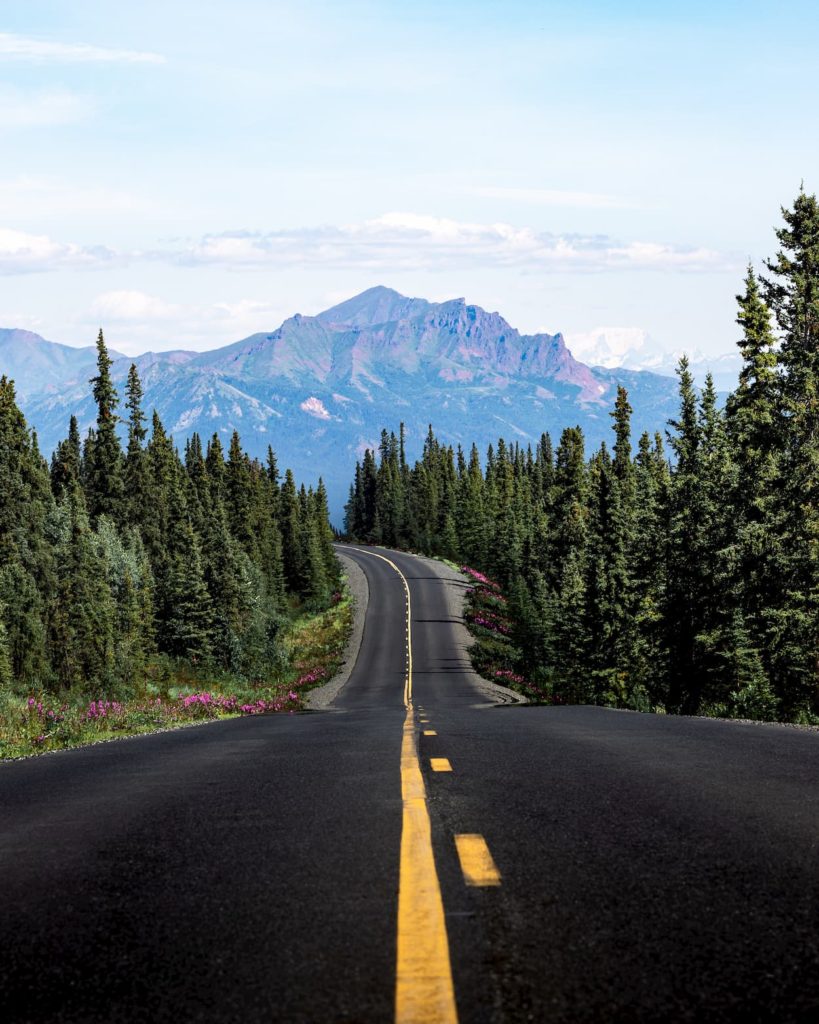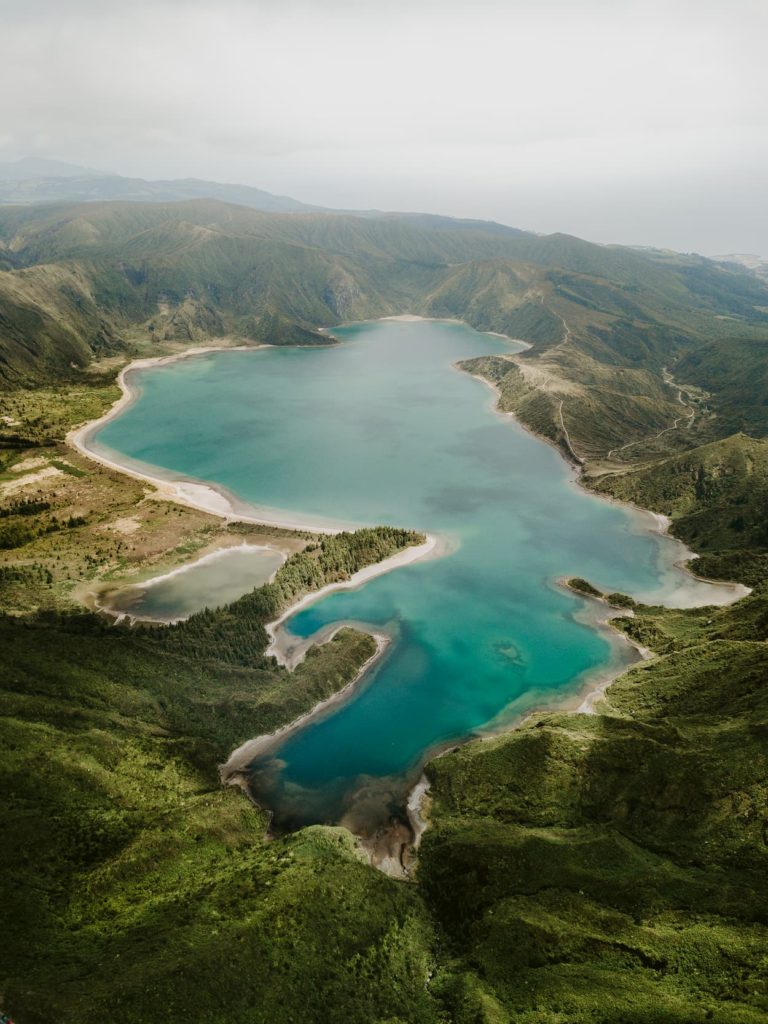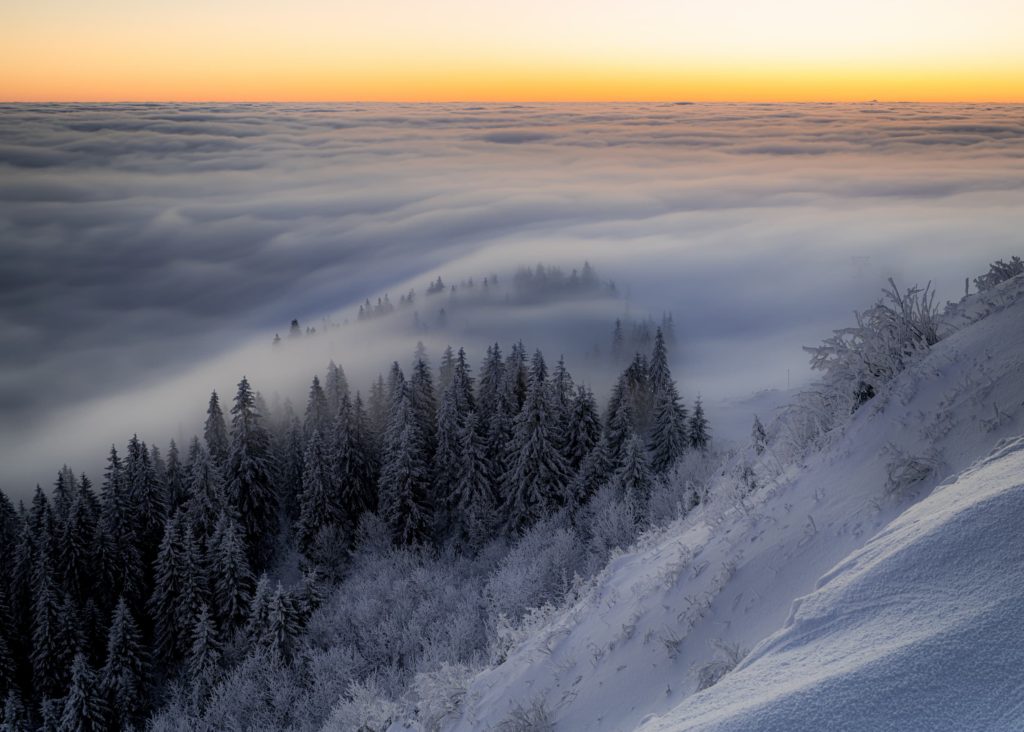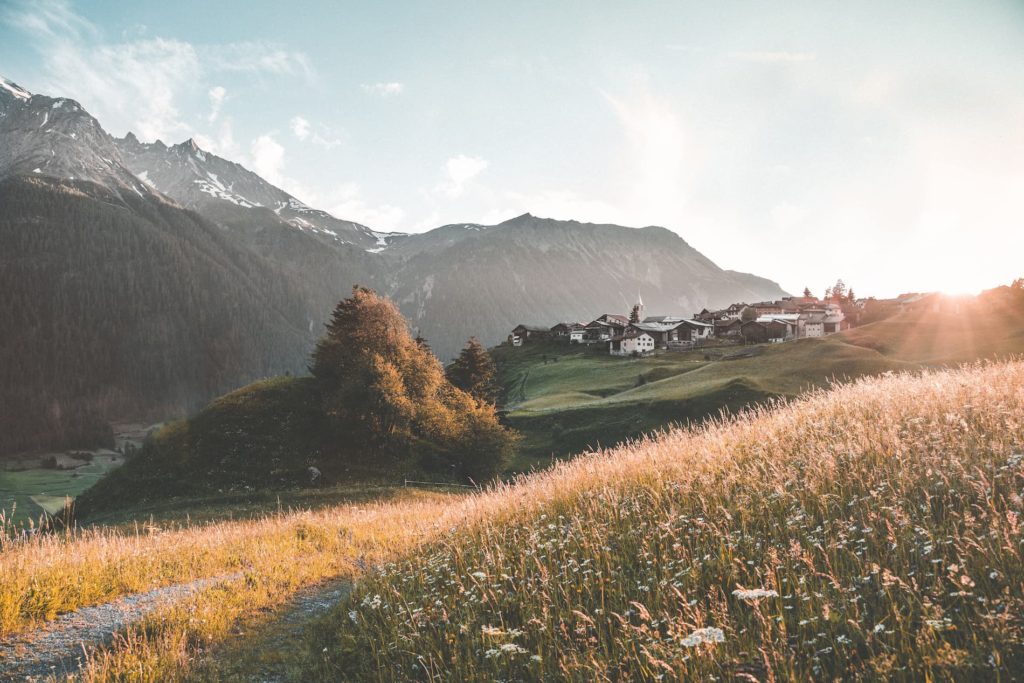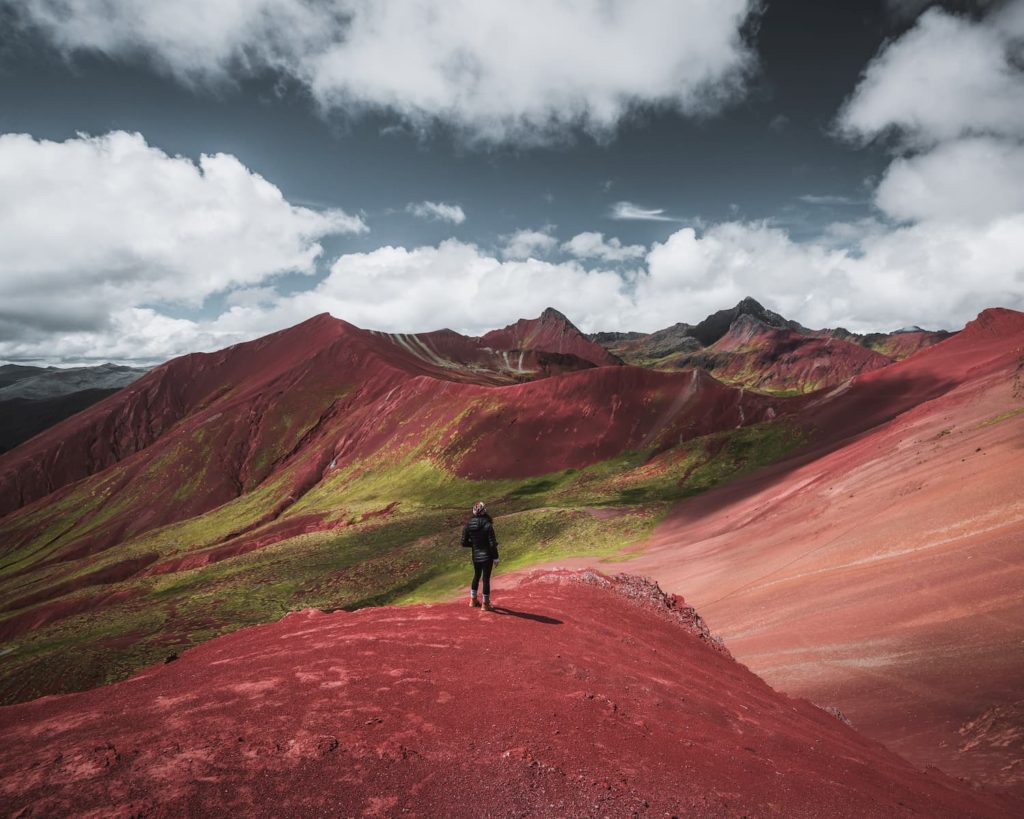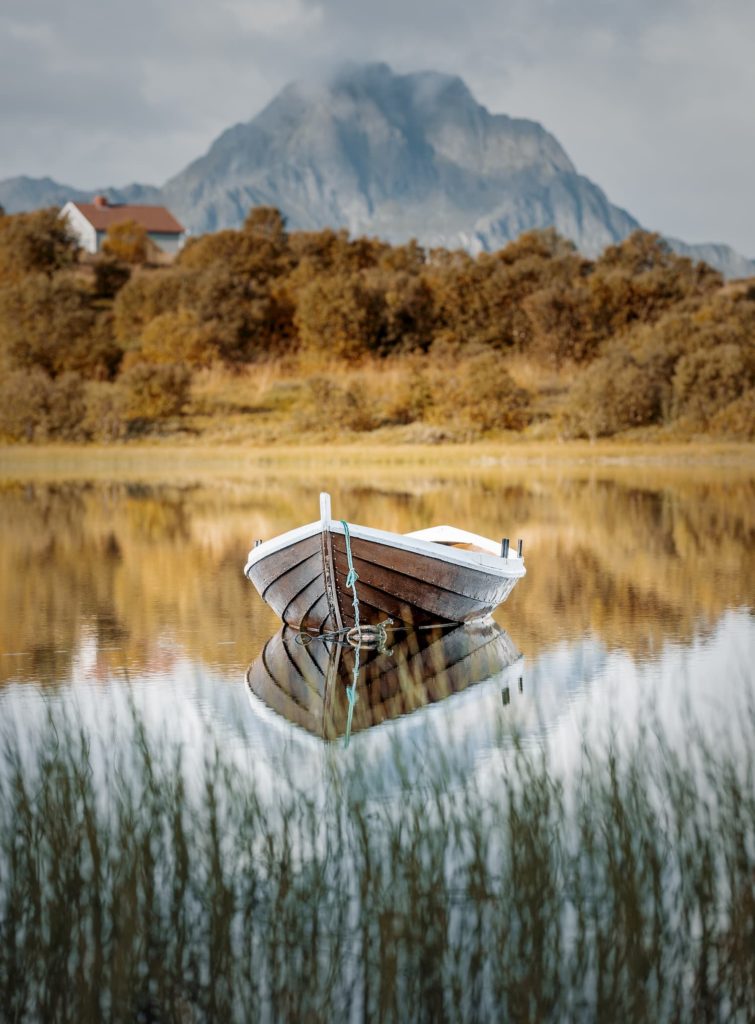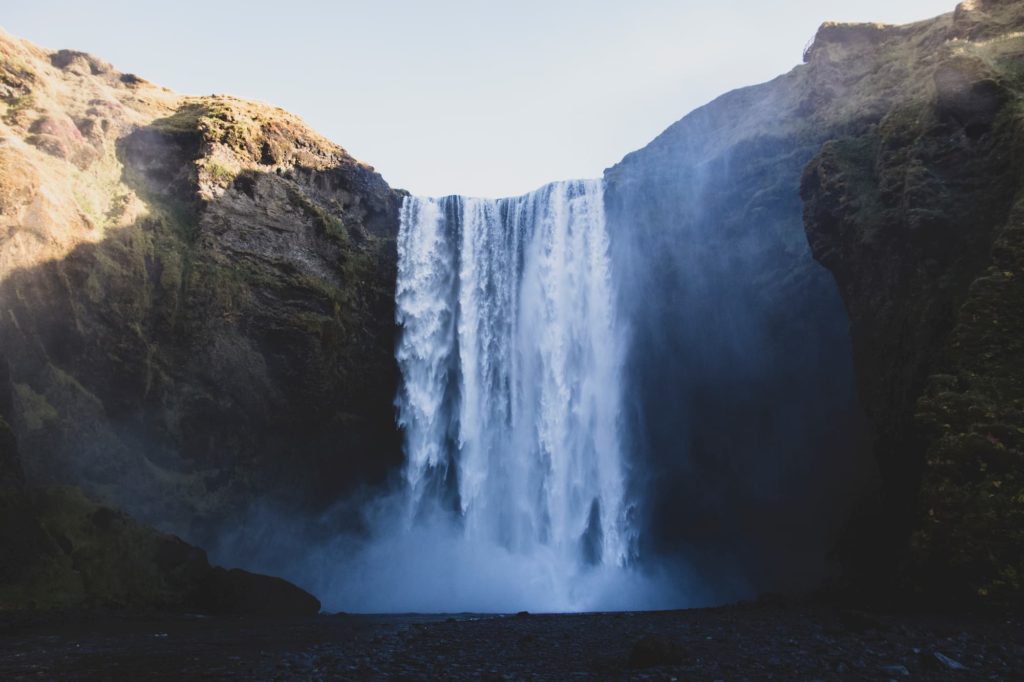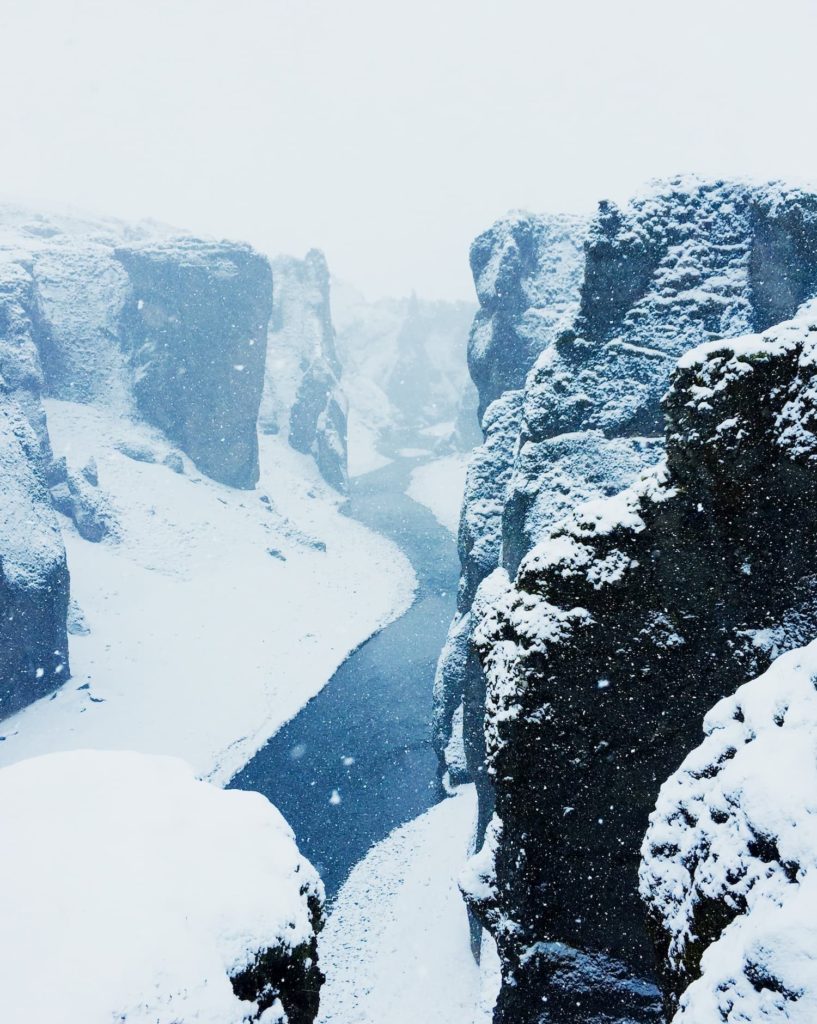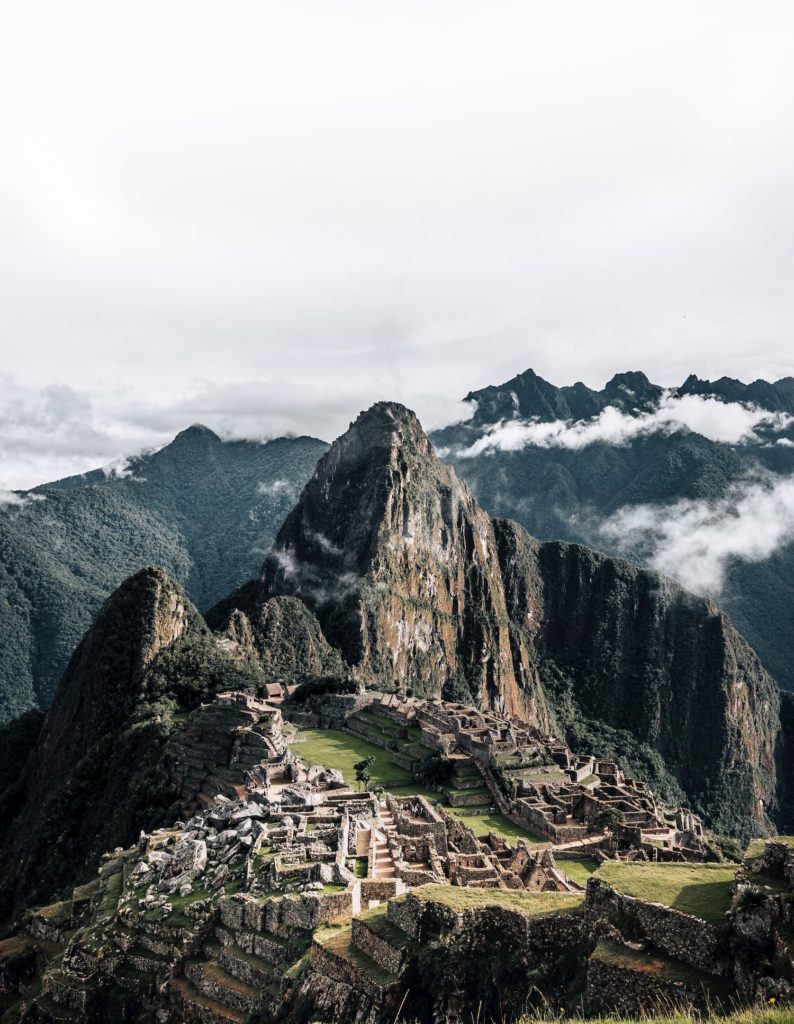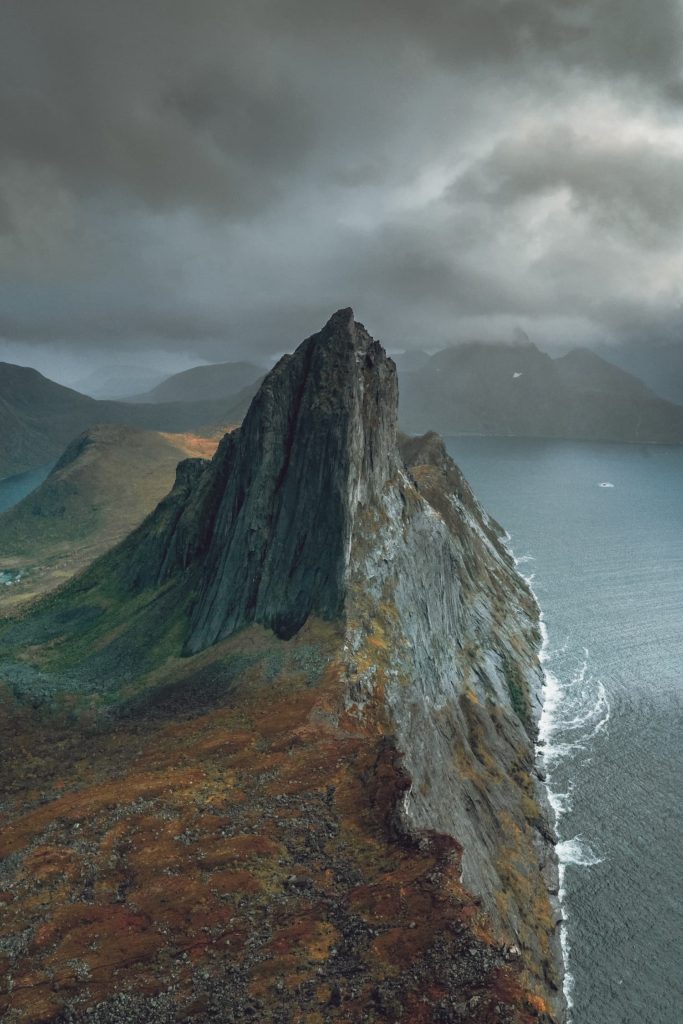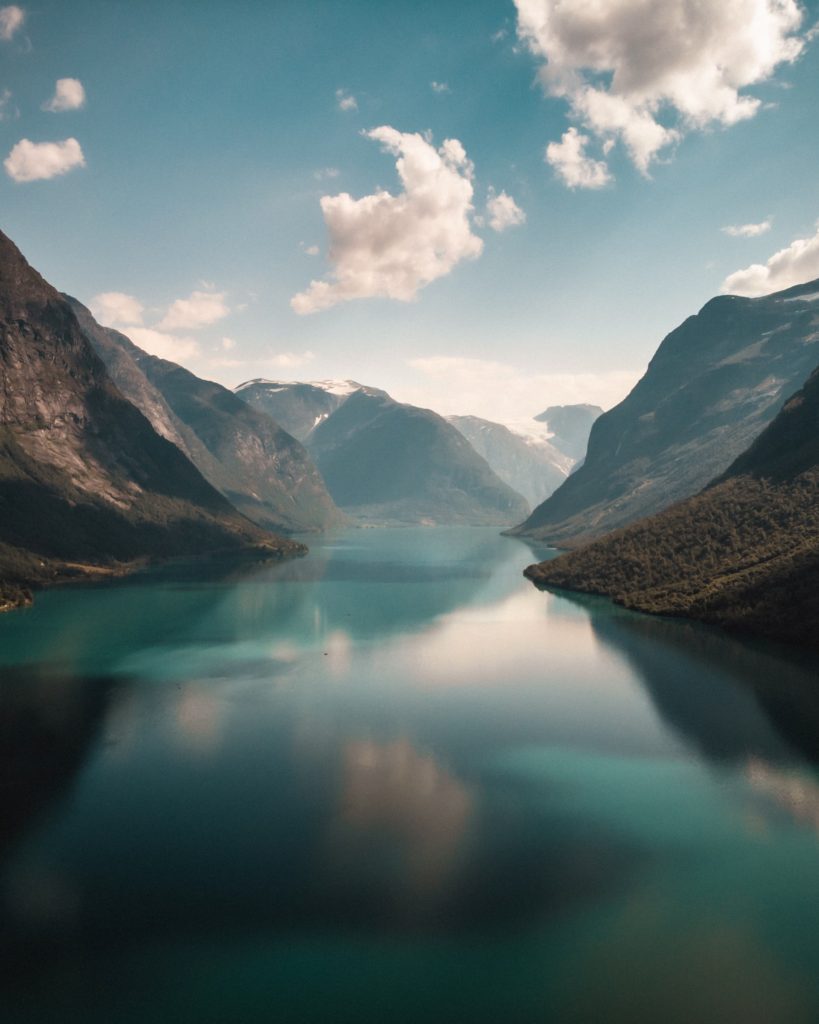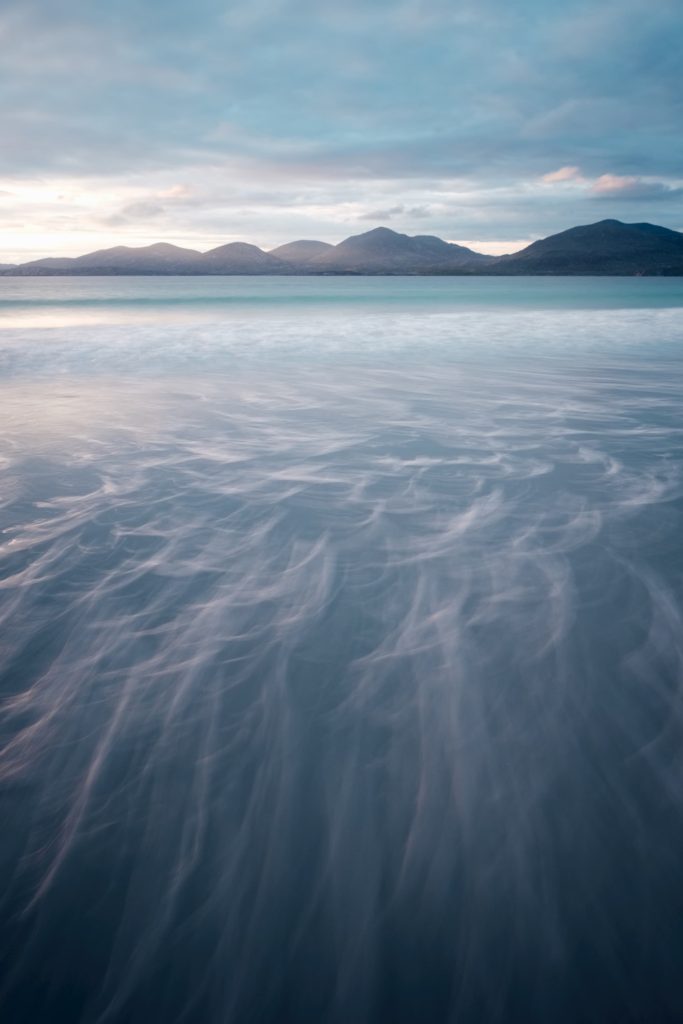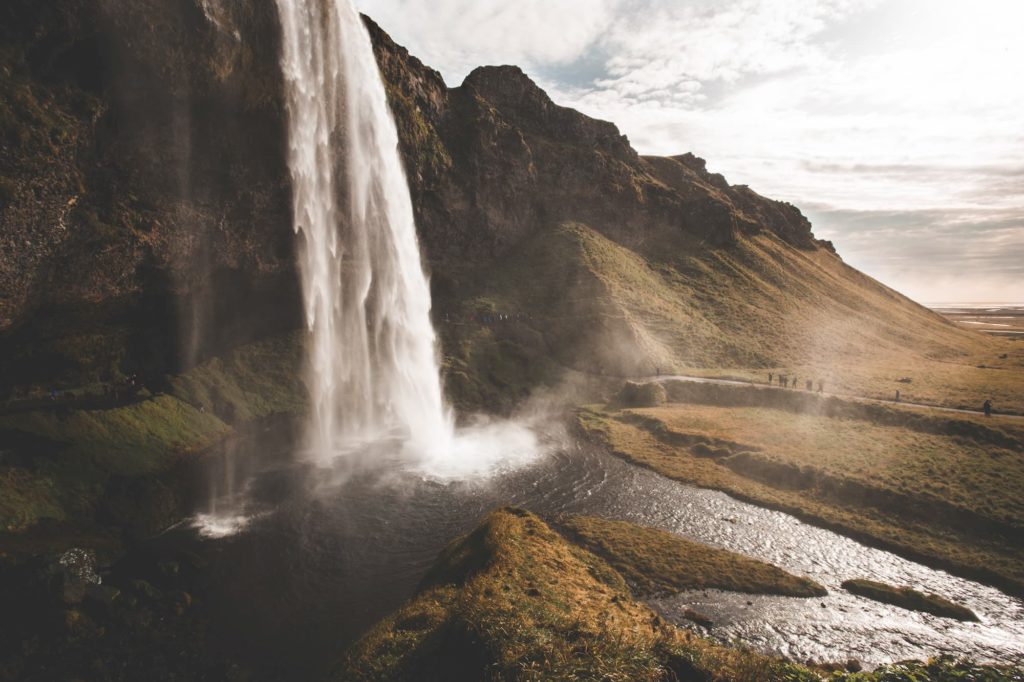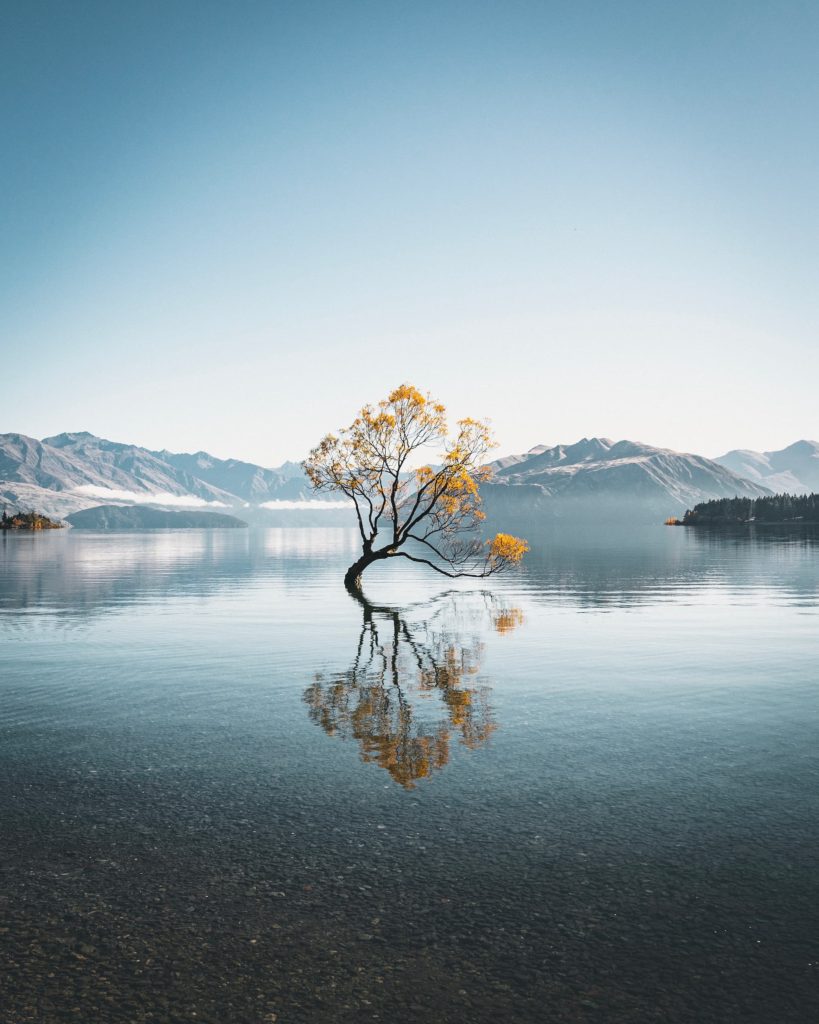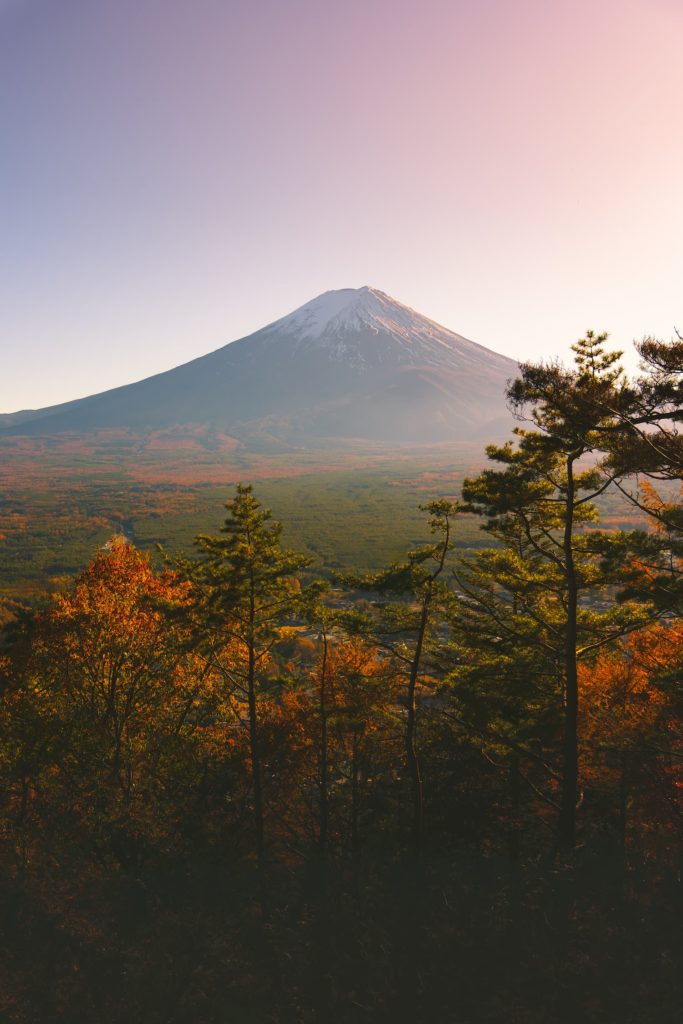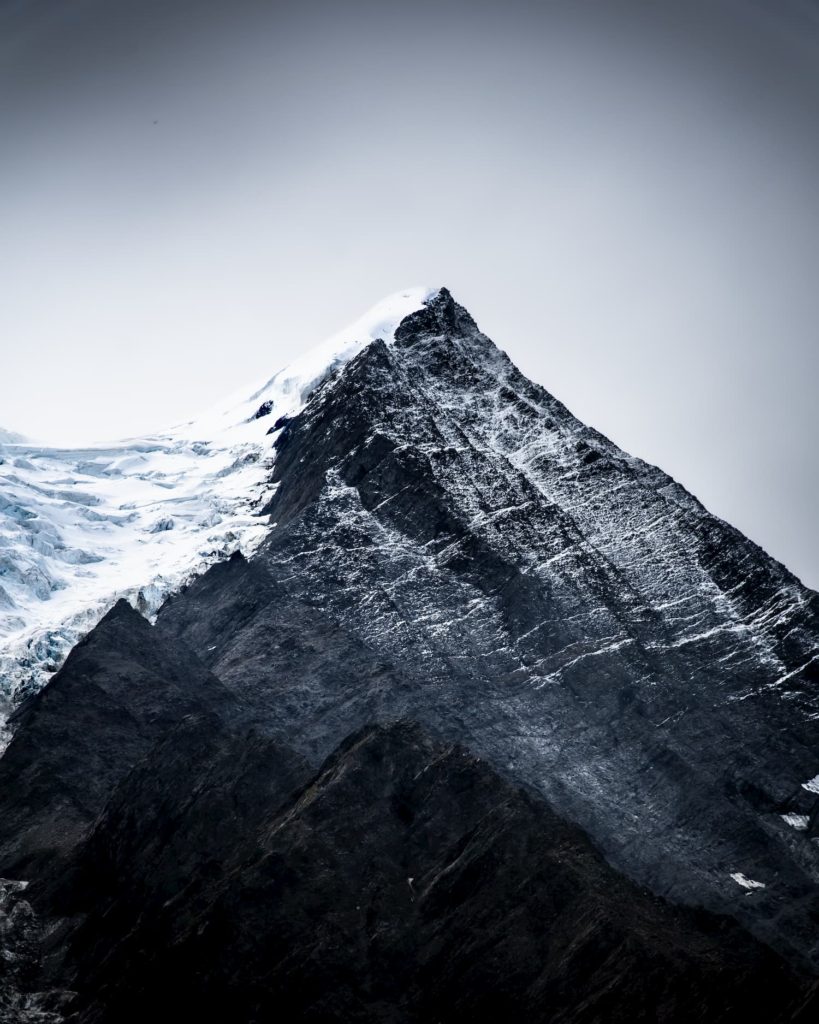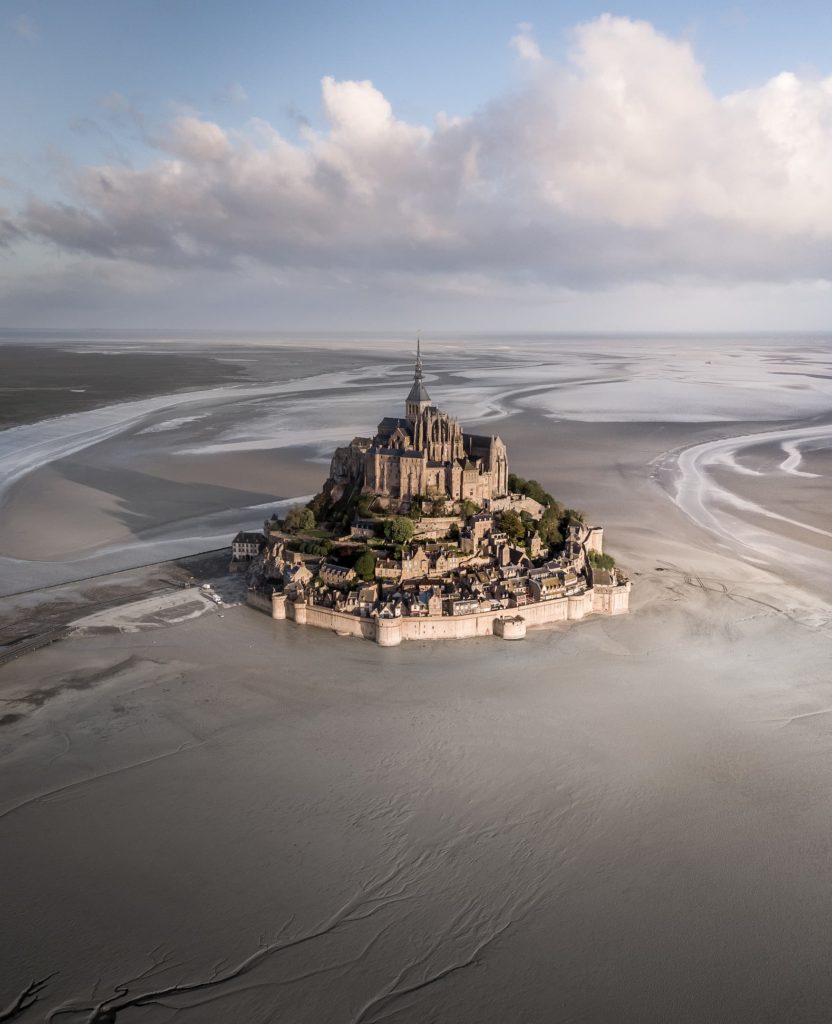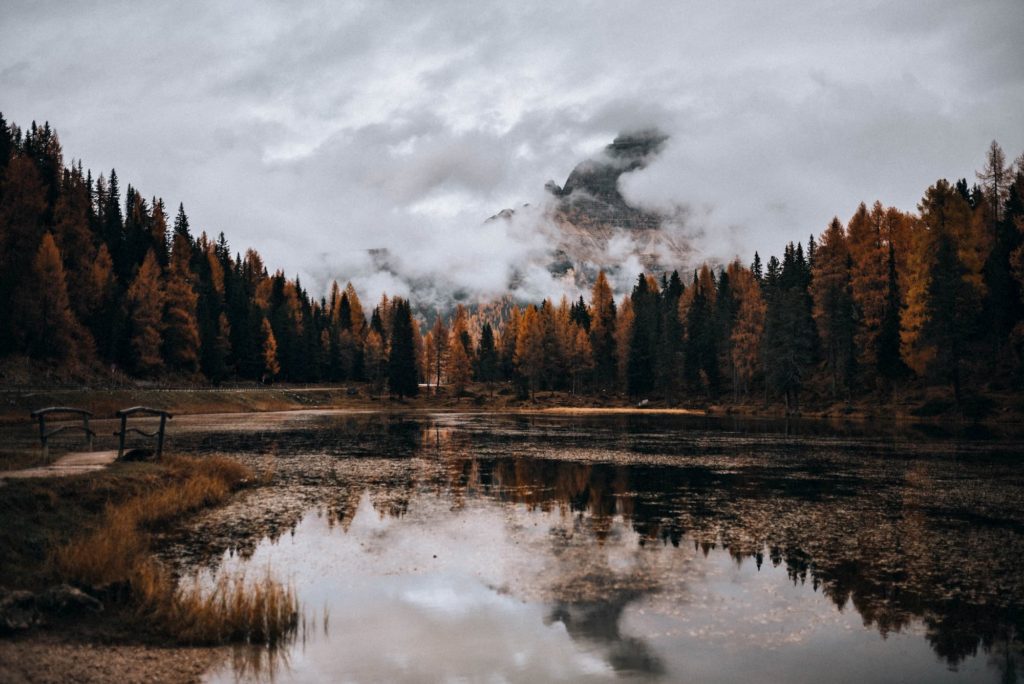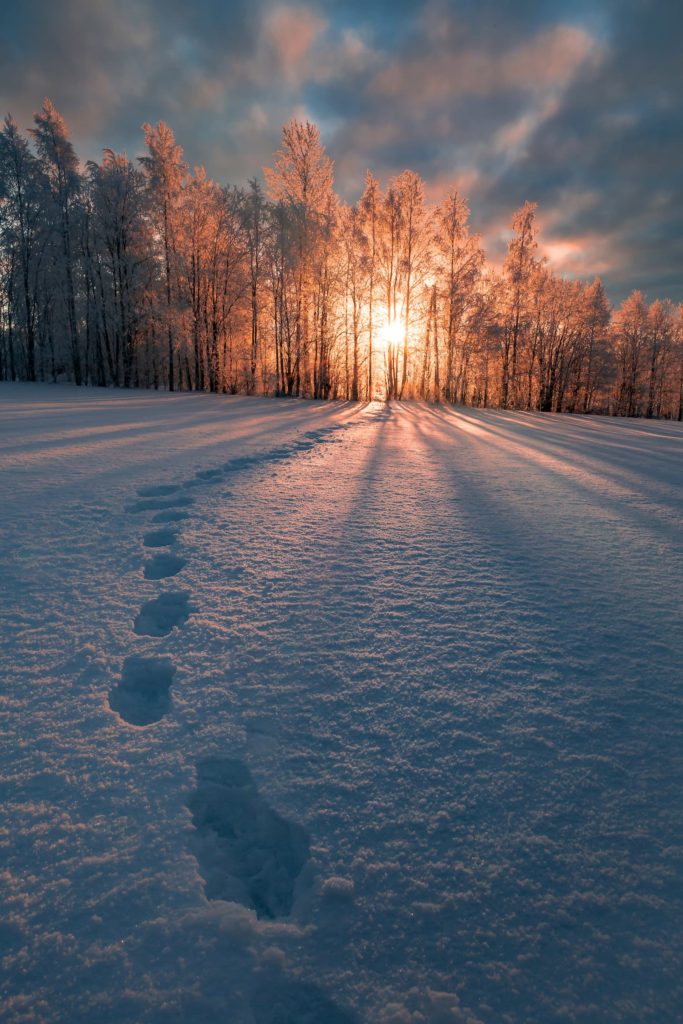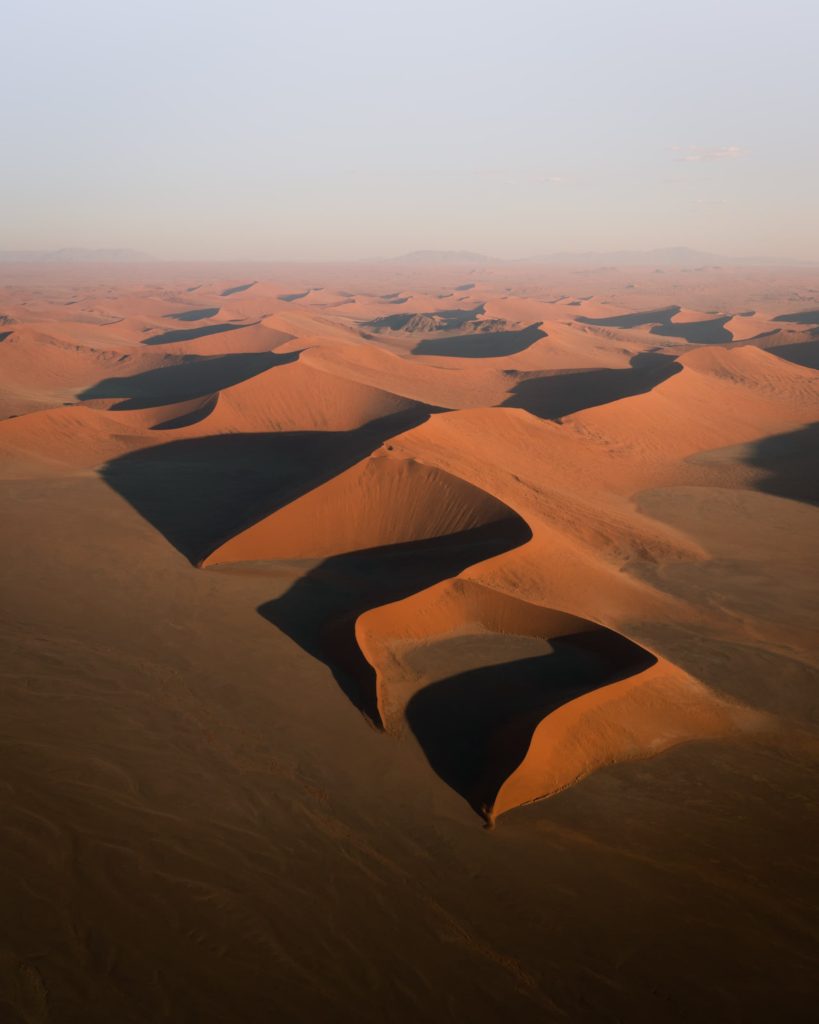
Matt Franklin
@mattfranklinphoto
Landscape photographer based in the United States
My passion for traveling came from my grandfather. He traveled the world primarily during his time teaching for the CDC (Centers for Disease Control), and if we were watching the history channel, he could tell me what each place was like when he was there in whatever year. It seemed like he’d been everywhere. I have his stories from riding through the Atlas Mountains in Morocco, the architecture in Lisbon, Portugal, rolling dice with Monks in Burma, Myanmar, and rain on the tin roofs in Chile.
"The stars in his eyes when he was talking lit a fire in me, and to some extent, created an expectation that life is an adventure to be lived and that exploration is necessary."
The first time I felt like I was following his footsteps was while living 3,400 miles away from home during physical therapy school. I wasn’t enamored with photography then as I am now, so there’s no photo of it, but I distinctly remember I was eating fresh fish and chips while sitting on a dock in Tacoma, Washington. I felt like I was living inside of one of his stories; it was mine and his at the same time.
I returned to my hometown in Georgia following that internship feeling as though the responsible thing to do would be to work and live close to home near friends and family. However, life was still missing something, and I felt like there was more I wanted to do before I stopped moving and would settle down. I left my full- time job as a physical therapist at the end of 2016 and after a series of months filling in at a different clinic, I decided to step out and try traveling contract work as a physical therapist late in 2017.
Much like traveling nurses, traveling contract work as a physical therapist involves taking short- term positions, usually thirteen weeks, at clinics or hospitals around the country. These positions become available to cover maternity leaves or help provide coverage for growing clinics in rural areas where it is hard to fill permanent positions. For me, it was a way to break the norm. Full time positions in the previous years always left me feeling trapped, and the prospect of work continuing on to infinity without changing was deeply unsettling. I wanted to explore, and knowing that jobs were temporary helped me worry about them less and be more present with the people I was treating and the coworkers I was collaborating with.
"Transience seems to put the pressure on to love people well – knowing you can’t take the time you have for granted, because a time limit has been set from the start."
My parents gave me a camera as a Christmas/birthday gift when I came home for a few days over the holiday during my first contract in Belfast, Maine, and that gift quickly morphed from an interest to a hobby to a passion. In the first year of work as a contract therapist, I lived in Maine, Wyoming, Hawaii, and finished the year back in Georgia. My photography skills continued to progress throughout that time, and by the end of the year, I was hiking and shooting every weekend.
"At the end of 2018, I decided to take a contract in John Day, Oregon, which is essentially the middle-of-nowhere."
Granted, most of the contracts I took were in the middle-of-nowhere – I always took jobs based more on the quality of life that the job would provide rather than the location. I was always searching for clinics that cared more about their people than their productivity, but John Day still took the lead on the most isolated job yet. It’s a single traffic light town, a three-hour drive from the nearest city and a seventy mile drive to the next closest traffic light. When I took it, I wasn’t sure what I was in for, but I knew there were mountains, lakes, and fly-fishing streams, so I figured I’d enjoy it. I had no idea it would change my life.
"With as much fun and adventure as travel contracts afforded came a predictable but somehow unexpected toll."
I found that the notion of living somewhere uninterrupted for 13 weeks was somewhat misleading, as about halfway through each contract, I was interviewing for the next and finding a place to stay in the new location. That meant that every six or seven weeks, I was either moving and starting a new job or interviewing for a new job and searching the internet for a new place to live. Somehow, I have no problem living with only what fits in my truck, but any type of administrative task wears me out – the interviews, searching for places to live, applying for licenses in new states and the mess of paperwork that always seemed to be was becoming tiresome.
Most people have never heard of it. In fact, even while traveling around the state of Oregon that year I found people in Oregon hadn’t even heard of it. When I arrived in January, I thought I’d have no trouble moving on in April when the time came. But the beauty of that place and the friends I made there grew on me, slowly at first but stronger than I expected. By the end of August, when my contract extensions finally came to an end, I still wasn’t ready to leave.
"I still think about John Day, Oregon almost every day."
It has its own culture, for sure – much like any other small town and region of the country, but what’s most powerfully different to me there is the simplicity. People there aren’t enamored with the prospect of becoming wealthy or famous. They have no desire for the latest trends or fashion. They aren’t obsessed with products – of any kind. There are no billboards on the side of the road. There is almost no advertisement. They have everything they need – friends, family, and the beauty of the mountain wilderness surrounding them. I would definitely bet that the average person in John Day appreciates a great sunset more than the average person in my hometown. They value the beauty of nature. Being outside is important. I don’t know if I can describe how wonderful it was.
"I stayed with a couple, Elliot and Hannah, who are wonderful people. And perhaps their living room is the best description I can give of my experience in John Day."
I still vividly remember the day I arrived in January of 2019. It was a Saturday, and Elliot and Hannah had driven to Bend, Oregon (the closest city to the west) for the weekend. I was awestruck the moment I walked through the door. Their house sat elevated on the north side of the valley looking across the small town toward Canyon Mountain.
When I walked through the door, it was not only the view of that golden hour light on Canyon Mountain – it was the organization of their living room that struck me most. There was a couch and a coffee table facing a wall of windows out toward the mountain… and nothing else. The room was not organized around the position of a television. There was no television. It was a couch facing a magnificent view and nothing else. It was powerfully silent. That room told me more about John Day than I could have imagined. Since Elliot and Hannah were gone for the weekend and I had spent the previous five days driving across the US, I rested the entire following day sitting on that couch, watching the sun rise on one side of the valley and set on the other, simply appreciating the way the light hit the snow-covered mountain at each hour of the day.
"During my time in Oregon, I was hiking and shooting as much as I could when work and weather allowed. It was during that season that I began to think about photography as a career."
I know that I still have room to grow as a photographer, and I still see large gaps in quality between my work and the work of my biggest inspirations, but I absolutely love it, and I love learning and improving. I have struggled with the idea of stepping away from physical therapy, even if only for a time – as it’s hard for me not to feel guilty stepping away from an altruistic profession toward photography. But traveling, hiking, photography, and writing are what make me come alive. I love the adventure, the stories, and the people you meet on the journey. And I enjoy writing about it, as you can see on my website and Instagram captions. Writing was a passion before photography.
"I’ve kept a journal since 2008, and I’ve written most days of the week, sometimes more or less, for the past twelve years since then."
Although I’m definitely an introvert, I’m an external processor, so I have to either write or talk to someone to understand my own thoughts. Writing helps me express, but it also helps me understand my own thoughts and feelings. My journals don’t always make sense; sometimes it takes pages to arrive at a simple conclusion, but I consider writing for other people to read an art. It’s important to choose proper wording. And like music, the spaces between notes are as important as the notes.
"I realize I have massive privilege in saying that I’d love to pursue photography as a career, but I would. I think life’s too short not to pursue what you’re passionate about."
Not pursuing photography and continuing to practice only as a PT would be playing-it-safe, and as a wise man once wrote, “Playing- it-safe is risky” (Mark Batterson). If the question isn’t “what do you do?” but instead, “who are you becoming?” then what kind of person do I become by playing-it-safe and not pursuing this dream? Conversely, what kind of person do I become if I take a risk on something I’m passionate about? Which story do I want to tell my kids or grandkids? Between the two stories, which kind do I want my kids and grandkids to live? What type of people do I want them to become?
Would you like content like this sent to your inbox?
MUST READ STORIES OF MAY
MUST READ STORIES OF APRIL
MUST READ STORIES OF MARCH
MUST READ STORIES OF FEBRUARY
MUST READ STORIES OF JANUARY
NOMADICT
ART GALLERY
THE LATEST STORIES
WRITEN WITH PASSION TO INSPIRE YOU
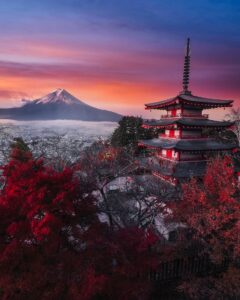
Sebastian Tan (@quetzalcoatlst): Best of the Week 44 at #nomadict
Driven by a desire to witness the world in its rawest states, Sebastian Tan pursues remote landscapes with patience and precision. Blending meticulous planning with resilience, his work transforms fleeting light into immersive fine art. Recognized internationally, Sebastian bridges the wild and familiar, inviting others to see through his lens.
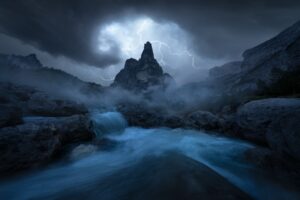
Filip Hrebenda (@filiphrebenda): Landscape and nature photographer
Known for capturing nature’s raw intensity, Filip Breda creates atmospheric landscapes shaped by storm, fire, and light. Winner of the 6th ColorPro Awards for Thunderstorm, his work reflects years of persistence, exploration, and a deep emotional connection to the elements.
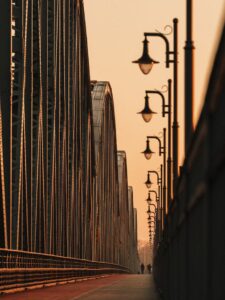
A guide to Toruń, Poland: A golden hour haven for telephoto tales in crimson and gold
Toruń, set along the Vistula River in north-central Poland, is a UNESCO-listed gem where Gothic brick façades glow in the last light of day. Small and unhurried, it’s a city made for slow wandering, and for watching golden hour turn terracotta rooftops into crimson and gold.
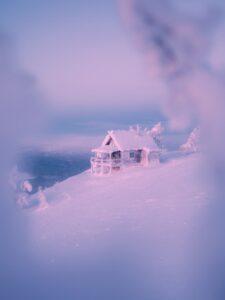
Kasper Rajasuo (@rajasuokasper): Best of the Week 46 at #nomadict
From childhood hikes to award-winning shots, Kasper Rajasuo’s journey is one of rapid evolution and deep connection. In this article, Kasper shares the technical secrets behind his “Santa’s Cabin” winning photo, the four lessons that defined his career, and how he uses color theory to transform harsh Finnish winters into dreamy, serene masterpieces.
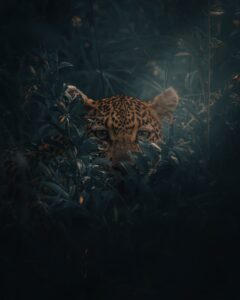
Andy Rider (@andyswildlife): Best of the Week 2 at #nomadict
Andy Rider is a passionate wildlife photographer and filmmaker based in South Africa, dedicated to capturing the raw beauty of nature while raising awareness about conservation. Inspired by legends like Steve Irwin, his journey began as a field guide, where he honed his skills and developed a deep respect for ethical wildlife photography.
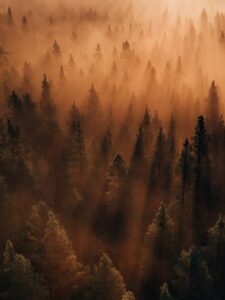
Philipp Pilz (@buchstabenhausen): Best of the Week 43 at #nomadict
In this article, photographer Philipp shares how time, clarity, and consistency have shaped his evolving relationship with nature photography. Drawn ever further north, he writes about embracing uncertainty, working with restraint, and finding beauty even when plans fall apart — including the unlikely story behind his Best of the Week–winning image.
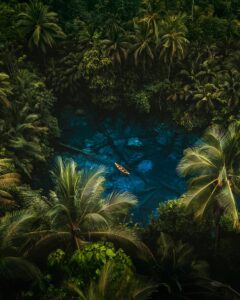
Tom Fähndrich (@tofenpics): Best of the Week 47 at #nomadict
Tom shares the journey behind his winning photography, from a passion for exploration and remote places to field lessons, composition choices, and color grading.
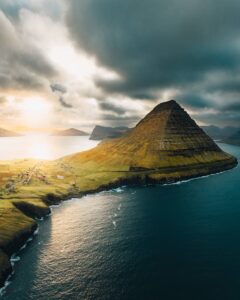
Photo tour in the Faroe Islands
Join us in the Faroe Islands for a unique photo tour, where you’ll elevate your creative skills with expert guidance from Ronald Soethje and Nomadict.
